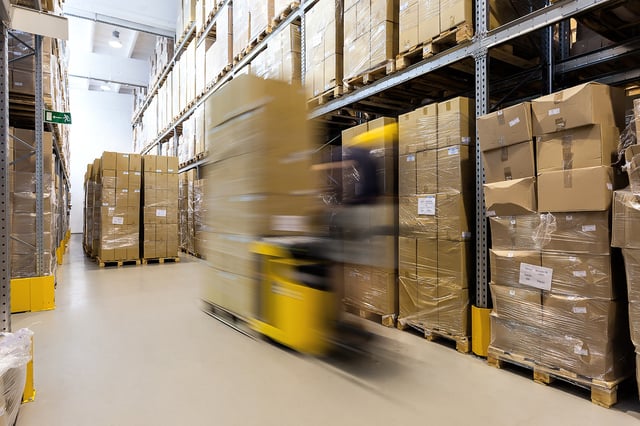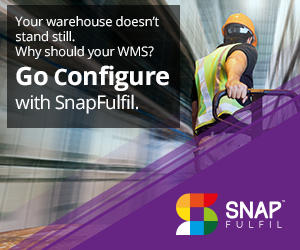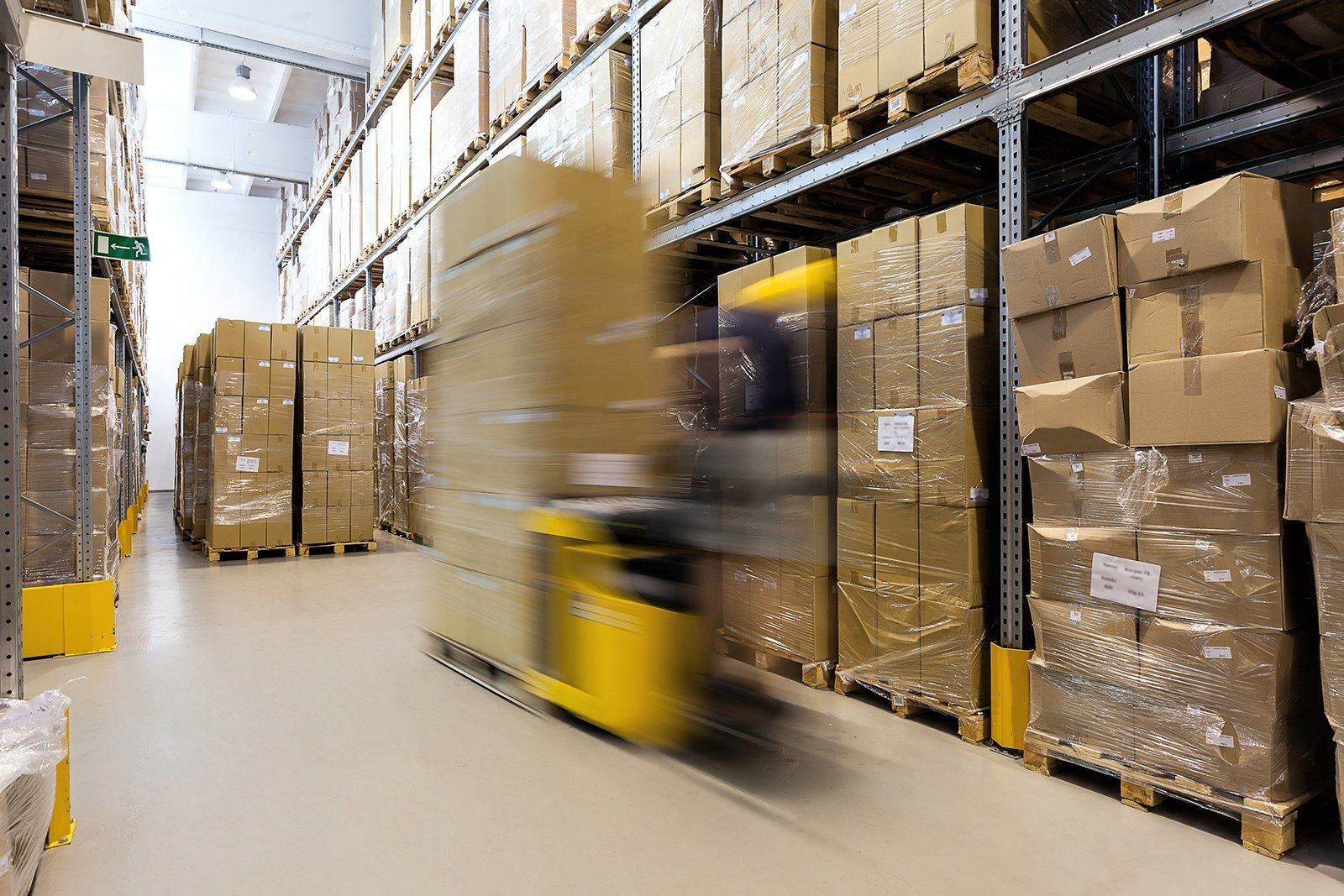Considering a switch to 3PL? Five questions to ask yourself before signing the contract
Imagine for a second: your company is growing, and pretty soon what started in a garage needs a little more space – or, perhaps, a LOT more space. The boxes that once fit in the corner by the three shelves of inventory are multiplying into mountains of boxes and 30 shelves of inventory. It’s probably time to ask yourself one of the most important questions in supply chain management: Do I find a bigger space and handle my own logistics, or do I outsource warehouse management to a third party logistics (3PL) company?
The question, while a key consideration for newer companies, is relevant to retailers of all sizes as more and more look for ways to optimise investments and shave costs. The answer, of course, is “it depends.” In-house warehouse management gives you total control of your distribution processes. On the other hand, using a 3PL gives your company access to a host of logistical solutions you may not have on your own – and they lift a burden off your shoulders.
Both options are popular with United Kingdom organisations; the retail and 3PL sectors are the first and second largest owners of U.K. warehouse space. Retail holds more than 80 million sq ft of warehouse space, while 3PL companies hold more than 70 million sq ft, according to the United Kingdom Warehousing Association.

It’s important that before you sign any contract with a 3PL, you ensure it’s the right move for you. Here are five basic questions you should consider before you choose outsourcing:
1. What are my core competencies?
Labour is the most important part of any business; a company can accomplish great things with even a small number of employees. But when it comes to optimizing distribution operations, it’s ultimately about the skills of your human capital rather than the quantity, so take a look at your staff. If your COO is certified in Lean Six Sigma and is a warehouse veteran, or if you’re willing to pay for training, your team may be able to effectively make the jump to a larger distribution centre operation without selecting a 3PL. This ensures you have someone qualified to oversee warehouse management while keeping all inventory under your control. If your team is very small, or you don’t have a logistical master on board, it may be time to consider a 3PL.
2. What's my product?
Does your product require minimal packaging, or does it involve a more complex packaging procedure? Is it something that can be cheaply prepared in bulk quantities? If the packaging process is intricate, it may be better to keep the item in-house to ensure proper procedures are followed. For items with simpler packaging, or items that can be produced in great amounts at one time, 3PLs can create stockpiles of your product so that it’s ready to ship as soon as your order comes in. 3PLs may also be able to cut down on your packaging costs, which leads into the next question…
3. What's the cost?
Now you’re ready to really start investigating 3PLs. Third parties will handle most, if not all, of your shipping needs. However, that convenience comes at a price. In your search, you should consider the pros and cons of each 3PL, weighing cost as a major factor. If your company is growing, warehouse management comes with a number of costs – more equipment and labour, larger distribution centre space and higher utility bills, to name a few. Depending on where your company is growth-wise, there’s also a good possibility that 3PLs could save you money. Take an itemised look at your budget to determine what you can afford, and whether 3PLs might allow for some budget cuts.
4. Do I trust someone else with my brand's reputation?
No matter whether you choose to handle your orders or outsource them, ultimately your organisation will be responsible for brand reputation. When you choose a 3PL, you trust the company to maintain the high standards you’ve set for your shipping processes. The customer never sees the 3PL; they know only that your company, the one they purchased from, didn’t deliver your product on time. 3PLs offer their clients highly efficient shipping processes; however, in the same way you’re concerned about your brand’s reputation, you should be concerned about the 3PL’s reputation. The best option is to obtain a client list and check references. If you call a few clients and they rave about the 3PL, it’s a good bet you’ve found the right fit.
5. What's the contract?
You’ve determined 3PLs are the right choice for your budget, and you’re confident your pick will help maintain a healthy relationship with your customers. Now it’s time to consider the legal side: what’s in the contract? Maybe you’ve been thrilled with a particular carrier, but your 3PL prefers a different one. Would you be able to chime in on decisions like that? And how will you receive updates and reports from the 3PL? Read over your contract very closely to ensure it guarantees you the highest, most efficient service.
In-house management is great for some companies, while 3PLs will be the right choice for others. No matter what you choose, you want to ensure that you (or your 3PL) are using top notch warehouse management software – an organised warehouse is a profitable warehouse.



